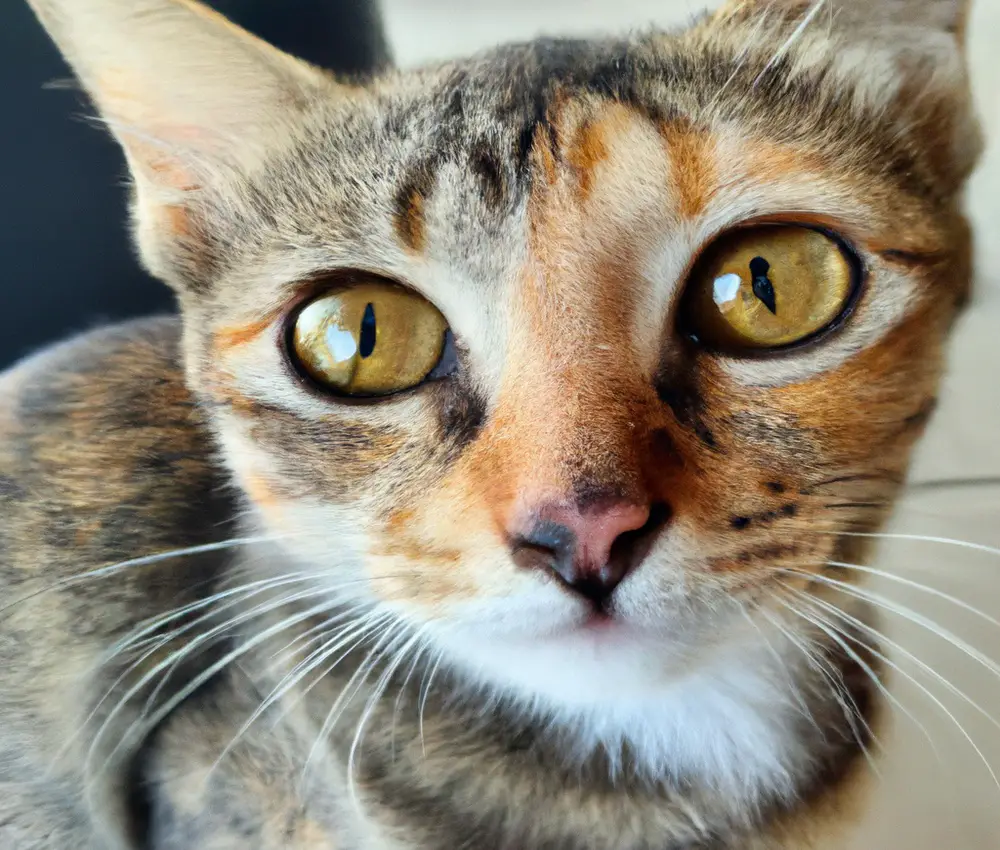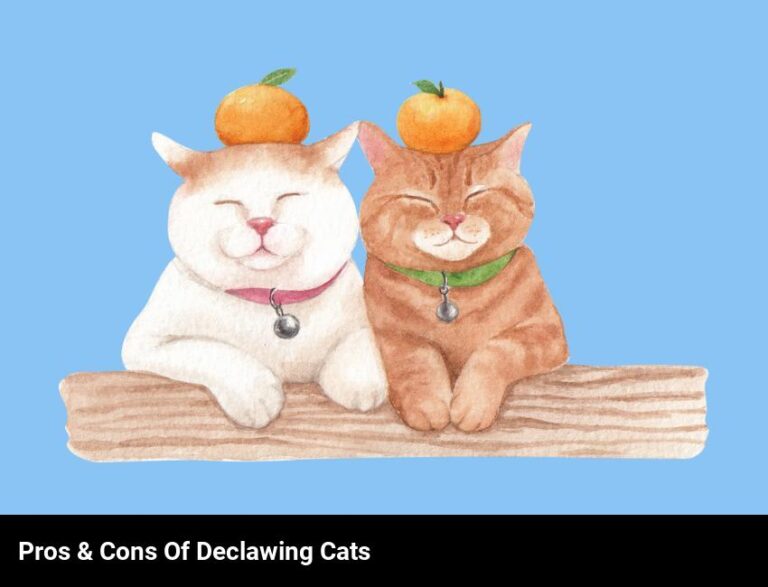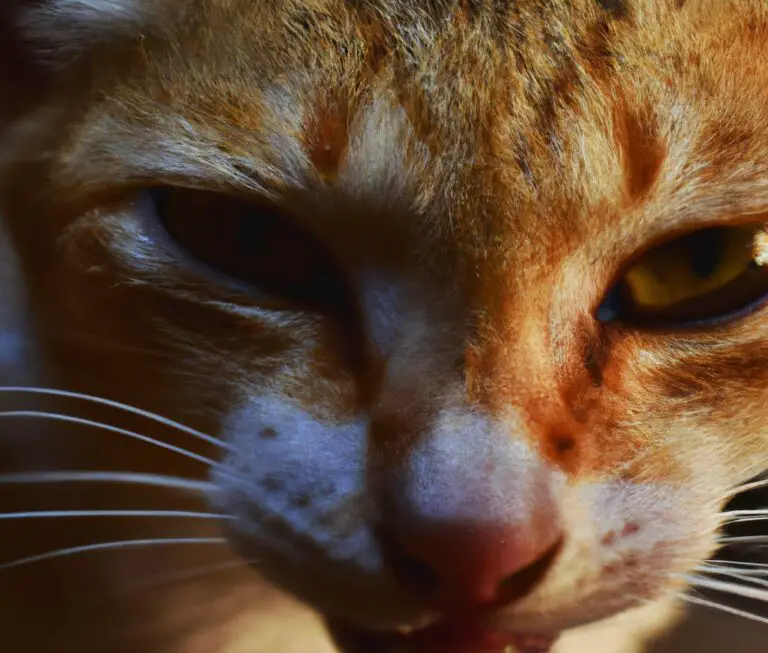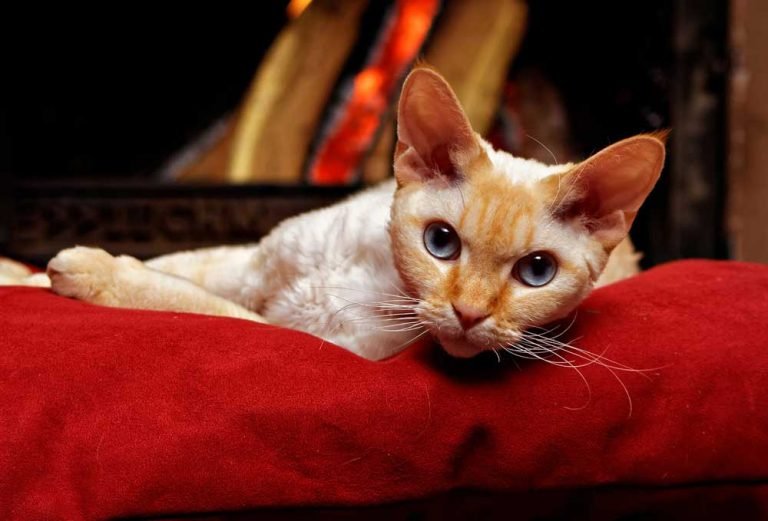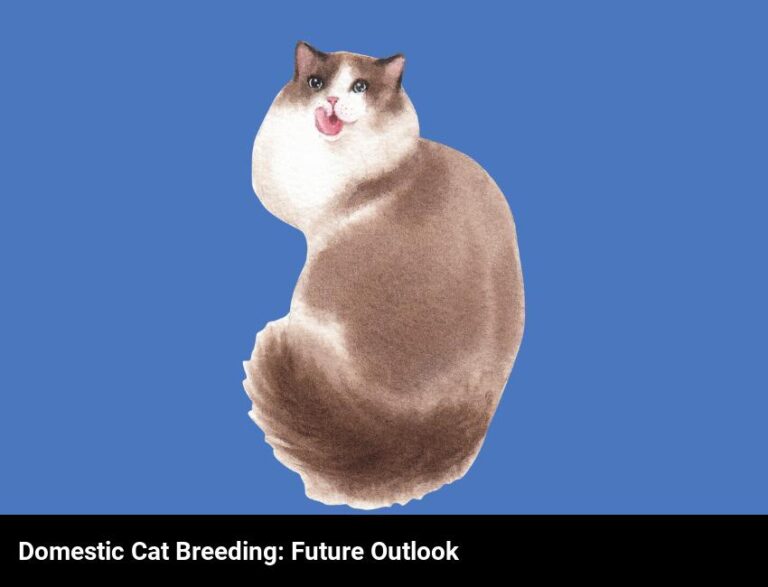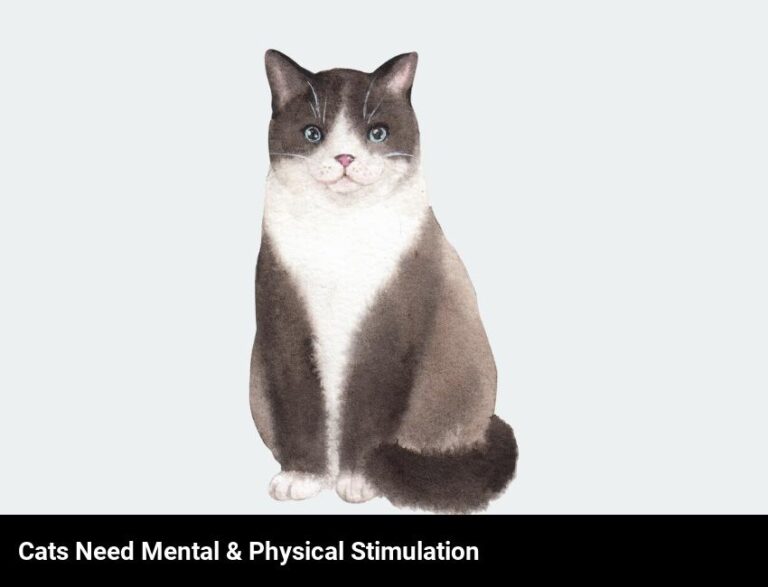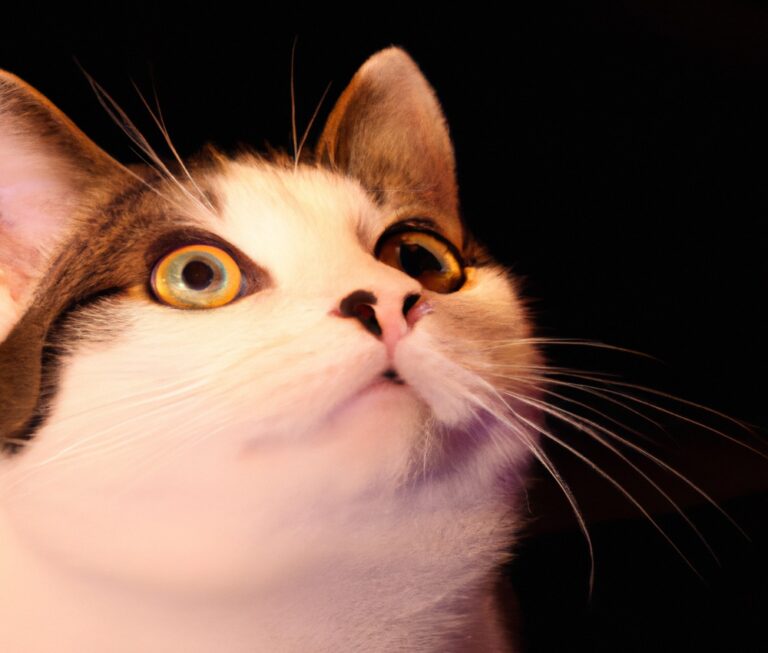Why Is My Cat Obsessed With Olive Oil?
Key Takeaways:
- Cats may be attracted to the smell and taste of olive oil, causing them to show intense interest in it.
- Olive oil can have positive effects on a cat’s coat and digestive system if consumed in small amounts.
- It is important to monitor your cat’s consumption of olive oil to prevent overconsumption, which can lead to digestive issues.
- Consulting with a veterinarian is advised if your cat displays excessive obsession with olive oil or shows signs of discomfort after consuming it.
Have you ever caught your furry friend lapping up olive oil from your kitchen counter? Trust me, you’re not alone! Cats can have some peculiar obsessions, and olive oil seems to be one of their favorites.
But why exactly are our feline friends so fascinated by this pantry staple?
In this article, we’ll dive deep into the mysterious world of cats and olive oil. We’ll explore the curiosity of cats, their attraction to smells, and the lure of taste.
Plus, we’ll uncover the potential health benefits and risks of incorporating olive oil into your cat’s diet.
If you’re ready to unravel this puzzling behavior, keep reading!
| Obsession with Olive Oil |
|---|
| Reasons |
| 1. Scent: Cats have a keen sense of smell, and the aroma of olive oil may be attractive to them. |
| 2. Taste: Olive oil has a mild, savory taste that some cats might find appealing. |
| 3. Nutritional Benefits: Olive oil is rich in healthy fats that can benefit a cat’s coat and skin. |
| 4. Hunting Instinct: The smell of olive oil may resemble the scent of prey, triggering a cat’s hunting instincts. |
| 5. Exploration and Play: Cats are naturally curious creatures, and they may be fascinated by the texture and smell of olive oil. |
Understanding the Cat’s Fascination with Olive Oil
Cats are fascinated by olive oil due to their natural curiosity and attraction to smells and tastes.
The Curiosity of Cats
Cats are known for their curiosity, which is a natural part of their behavior.
They love to explore and investigate their surroundings.
This curiosity stems from their innate hunting instincts and their need to gather information about their environment.
Cats use their senses, such as hearing, smell, and sight, to gather information and satisfy their curiosity.
They may be intrigued by new objects, smells, or sounds in their environment.
This curiosity is a normal and healthy behavior for cats, and it’s important to provide them with ways to satisfy their curiosity, such as toys, scratching posts, and engaging environments.
So, embrace your cat’s curiosity and provide them with opportunities to explore and discover!
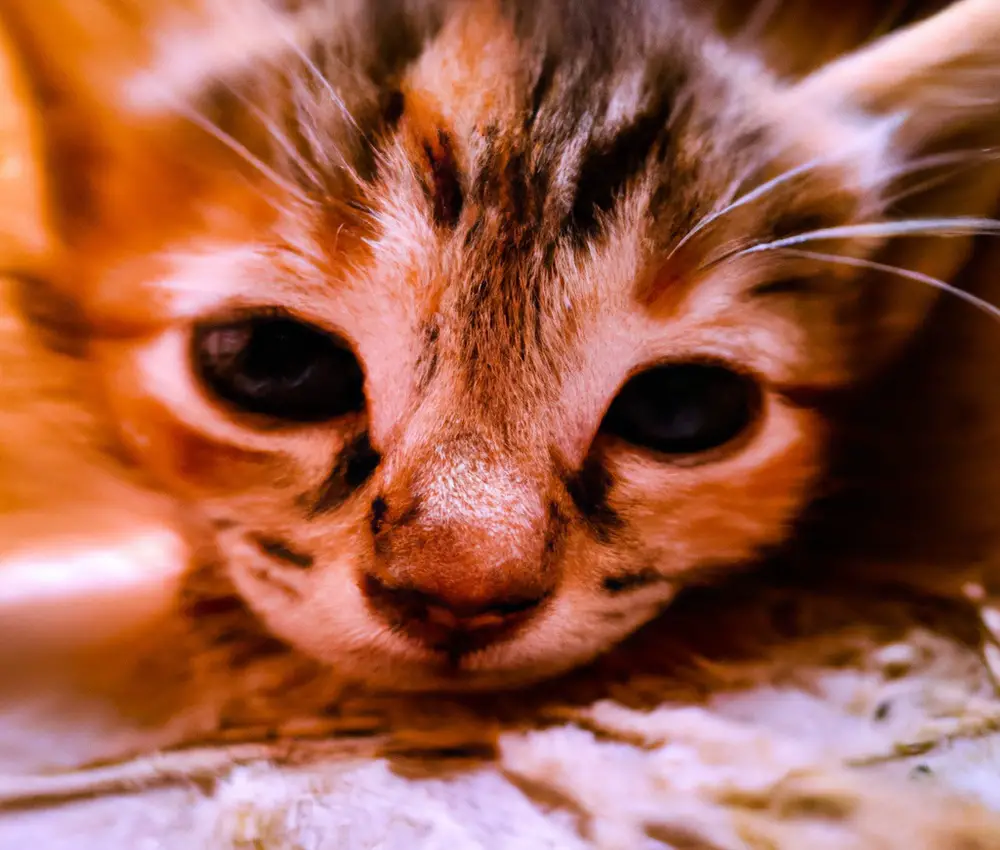
The Attraction of Smells
Cats are known for their keen sense of smell, which is why they are attracted to various aromas, including the smell of certain foods, scented objects, and even household items.
The attraction to smells is due to the cats’ olfactory system, which is highly developed.
They have a specialized organ called the vomeronasal organ (VNO) that allows them to detect pheromones and other chemical signals in the environment.
This organ helps cats to communicate, explore their surroundings, and even find potential mates.
So, when your cat shows interest in certain smells, it’s just their natural instinct at work!
The Lure of Taste
The Lure of Taste Cats’ fascination with olive oil can be attributed to their keen sense of taste.
The rich, savory flavor of olive oil appeals to their taste buds, making it enticing for them.
The natural oils in olives provide a unique and appealing taste that cats find irresistible.
Additionally, olive oil contains healthy fats that can be beneficial for their overall well-being.
Just remember to offer it in moderation as a treat, as too much can upset your cat’s stomach.
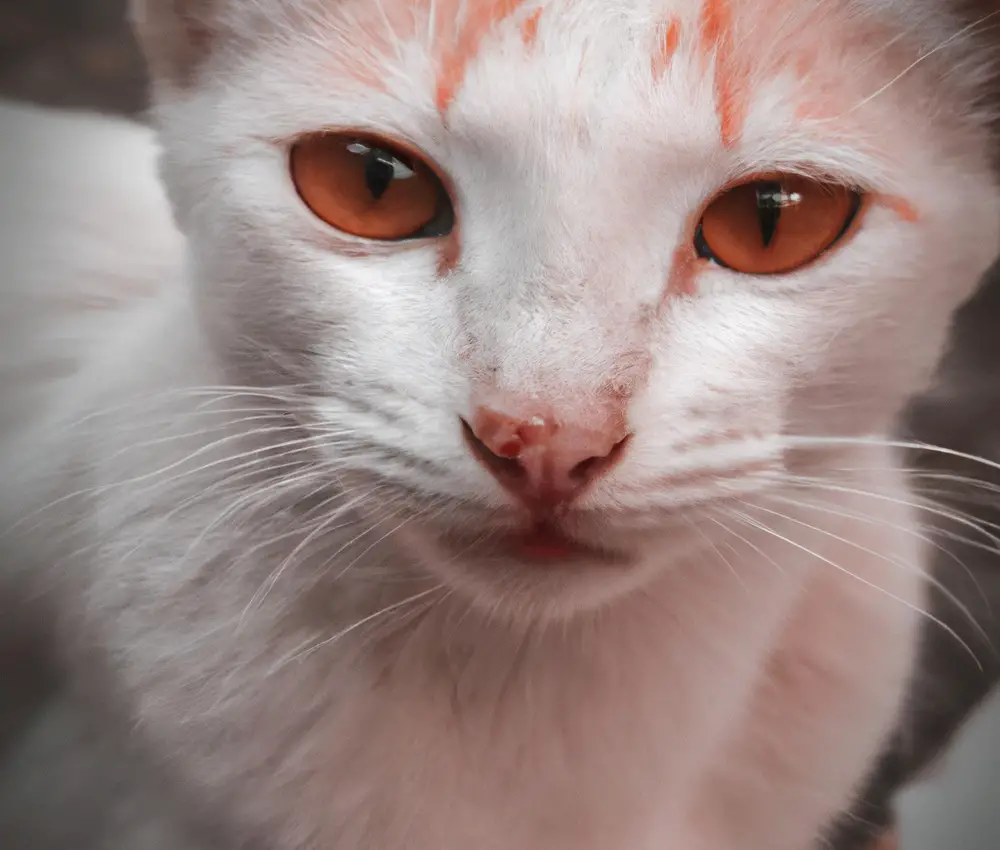
Health Benefits of Olive Oil for Cats
Olive oil offers several health benefits for cats, including aiding digestion, promoting a healthy coat, and boosting the immune system.
Promoting a Healthy Coat
Promoting a healthy coat is essential for your cat’s overall well-being. There are a few things you can do to maintain a lustrous and shiny coat for your feline friend:
- Provide a balanced diet: Ensure your cat’s food contains high-quality protein and essential fatty acids to support healthy skin and coat.
- Regular grooming: Brushing your cat regularly helps to remove dead hair, distribute natural oils, and prevent matting. It also stimulates blood circulation, which promotes a healthier coat.
- Hydration: Cats need access to fresh water at all times. Proper hydration helps maintain skin moisture, which translates to a healthier coat.
- Omega-3 supplementation: Adding omega-3 fatty acids to your cat’s diet can improve the condition of their skin and coat. Fish oil supplements are a great source of omega-3s.
- Environmental enrichment: A happy and stress-free cat is more likely to have a healthier coat. Provide plenty of playtime, toys, scratching posts, and perches to keep your cat physically and mentally stimulated.
Remember, maintaining a healthy coat goes hand in hand with overall cat care. Regular vet visits are also important to address any underlying medical conditions that could affect your cat’s coat.
Boosting the Immune System
Boosting the immune system helps your cat stay healthy and fight off illnesses. Here are a few ways you can support your cat’s immune system:
- Provide a balanced and nutritious diet: Feed your cat high-quality cat food that is rich in essential nutrients and vitamins.
- Ensure proper hydration: Make sure your cat has access to fresh water at all times to keep their immune system functioning optimally.
- Regular veterinary check-ups: Regular visits to the vet can help catch any potential health issues early on and ensure your cat receives the necessary vaccinations.
- Plenty of exercise: Encourage your cat to stay active with playtime and exercise, which can help boost their overall immune function.
- Minimize stress: Stress can weaken the immune system, so create a calm and safe environment for your cat.
- Good hygiene: Maintain cleanliness by regularly grooming your cat and keeping their living area clean.
Potential Risks of Olive Oil for Cats
Using olive oil can potentially lead to digestive upset, weight gain, and allergic reactions in cats.
Weight Gain
Weight gain in cats can be a concern for many owners.
When it comes to maintaining a healthy weight for your feline friend, it’s important to ensure they are getting the right amount of food and exercise.
Here’s what you need to know:
- Portion control: Feeding your cat the recommended amount of food for their age, size, and activity level can help prevent weight gain. Be mindful of using measuring cups to ensure accuracy.
- Quality diet: Providing a well-balanced diet that meets your cat’s nutritional needs is crucial. Opt for high-quality cat food that is appropriate for their age and health condition.
- Regular exercise: Engage your cat in playtime and encourage physical activity to help them burn calories and maintain a healthy weight. Interactive toys and laser pointers can be great options.
- Treats in moderation: While it’s okay to give your cat treats, it’s important to do so in moderation. Treats should not exceed 10% of their daily caloric intake to prevent weight gain.
- Regular veterinary check-ups: Schedule routine check-ups with your veterinarian to monitor your cat’s weight and overall health. They can provide guidance on maintaining a healthy weight for your furry friend.
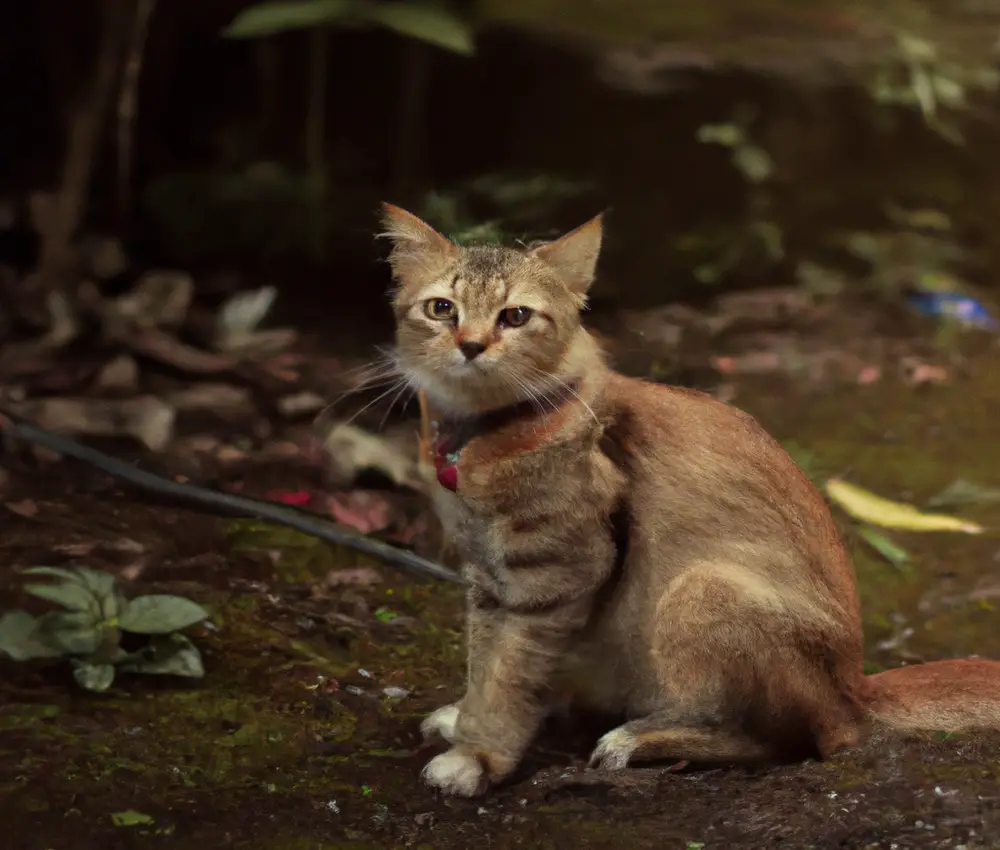
Alternative Options for Meeting Feline Nutritional Needs
Alternative options for meeting your cat’s nutritional needs include high-quality cat food options, natural supplements, and balanced homemade diets.
Natural Supplements
Natural supplements can be a beneficial addition to your cat’s diet, providing them with extra nutrients and supporting their overall health. Here are a few natural supplements that can benefit your feline friend:
- Fish Oil: Rich in omega-3 fatty acids, fish oil can help promote a healthy coat, reduce inflammation, and support heart health.
- Probiotics: These friendly bacteria promote a healthy gut and aid in digestion. They can be especially useful for cats with sensitive stomachs or those on antibiotics.
- Cranberry: Cranberry supplements can help support urinary tract health and prevent urinary tract infections in cats.
- Joint Supplements: Joint supplements containing glucosamine and chondroitin can help maintain healthy joints and alleviate arthritis symptoms in older cats.
Frequently Asked Questions about Cats and Olive Oil
Is olive oil safe for all cats?
Is Olive Oil Safe for All Cats?
Are there any other oils that are safe for cats?
Yes, there are other oils that are safe for cats.
Here are a few options:
- Coconut oil: It can be beneficial for cats when given in moderation. It may improve their coat, aid digestion, and boost their immune system.
- Fish oil: This oil is rich in omega-3 fatty acids, which help promote a healthy coat and skin in cats. It can also support joint health and cognitive function.
- Flaxseed oil: Similar to fish oil, flaxseed oil contains omega-3 fatty acids. It is a good alternative for cats who may be allergic to fish.
Final Verdict
The fascination that cats have with olive oil can be attributed to their natural curiosity, attraction to smells, and the lure of taste.
While olive oil can offer some potential health benefits for cats, it is important to exercise caution and monitor for any adverse reactions.
Consulting with your veterinarian and starting with small amounts are crucial steps in safely incorporating olive oil into your cat’s diet.
However, there are also alternative options for meeting your feline’s nutritional needs, such as high-quality cat food, natural supplements, and balanced homemade diets.
Ultimately, it is essential to prioritize your cat’s well-being and make informed decisions regarding their dietary choices.

